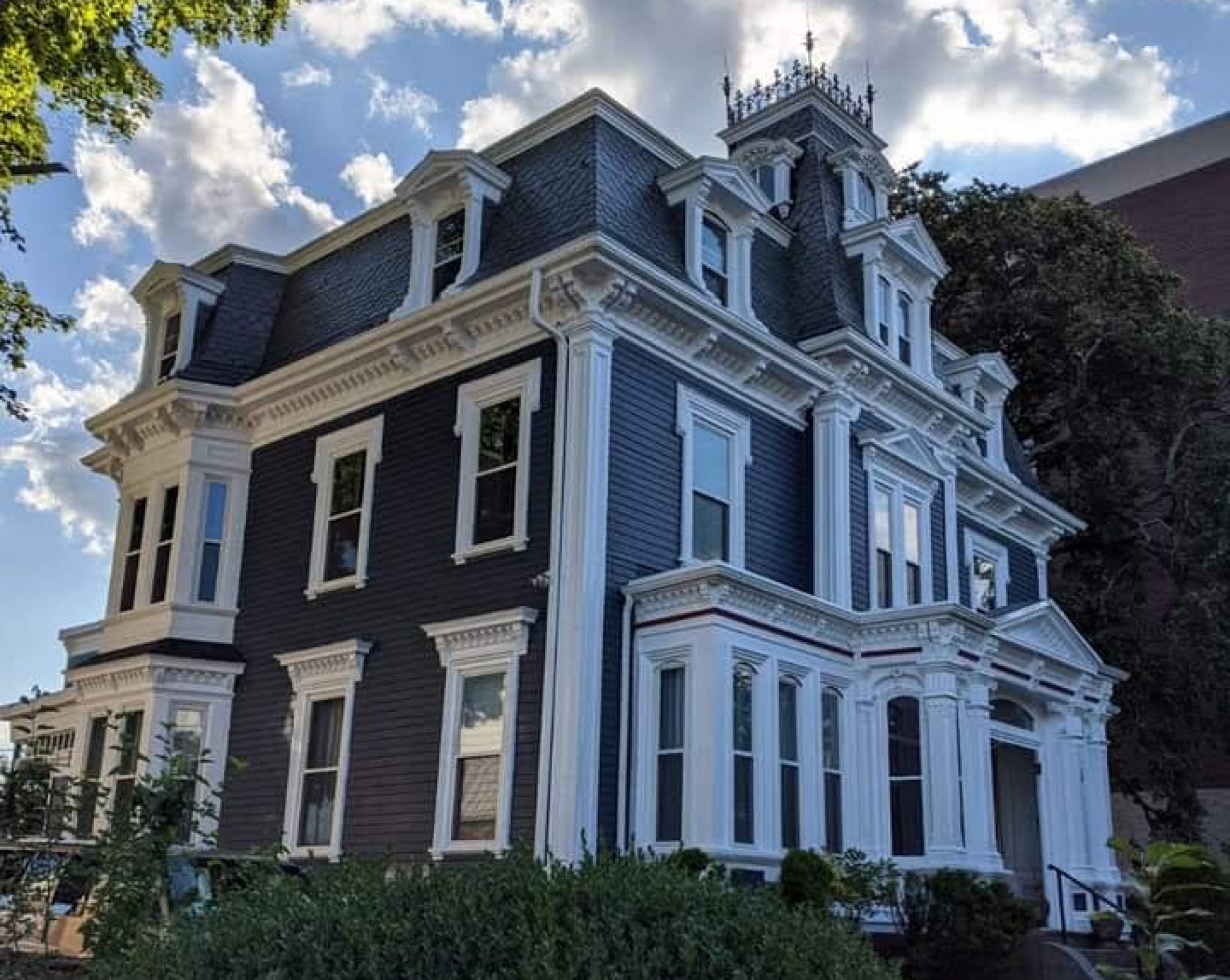

"It reflects the will of the people of Mississippi to protect life and women's health by limiting elective abortion after 15 weeks. But Mississippi Department of Health state health officer Thomas Dobbs appealed to the Supreme Court, now stacked with a 6-3 conservative majority, which agreed to take up the challenge. The GOP-led state passed a law in 2018 that prohibited abortion after 15 weeks of pregnancy, much before the standard held in Roe, which is that states cannot ban abortion before roughly 24 weeks of pregnancy, the point when medical experts say a fetus can survive outside of the womb, commonly referred to as viability.Īfter the state's sole abortion provider, Jackson Women's Health Organization, sued Mississippi, lower courts struck down the law as unconstitutional. Wade, a decision that would dramatically transform the country's abortion laws. Mississippi has called on the nation's highest court to overturn that 1973 landmark ruling, Roe v. The Supreme Court on Wednesday will hear a case that directly challenges the constitutional right to an abortion established nearly 50 years ago. Wade, which legalized abortion nationwide.Ībortion-rights supporters say overturning Roe would set the country backwards. Mississippi is asking the court to overturn the 1973 landmark ruling Roe v. The Supreme Court on Wednesday will hear the biggest challenge to abortion rights in almost three decades. On Wednesday, the Supreme Court will hear a case concerning a Mississippi law that would ban abortions after 15 weeks of pregnancy. Supreme Court at sunset on Novemin Washington, DC. A 2013 MassINC report found that decreasing the number of reoffenders by 5 percent would save the state about $150 million annually.A view of the U.S. Of note, the financial benefits of reducing recidivism would be significant for taxpayers. “Roughly 74 percent of people who are involved with the Department of Youth Services in Massachusetts end up in an adult correctional facility within six years,” she said. Le and others believe that allowing some juveniles a fresh start might keep them from becoming career criminals. “We just want to make sure there are no barriers or trip wires for youth after they’ve done their time,” said Susan Le, 20, who is involved with Teens Leading the Way. For felonies, expungement would be decided by a judge. The legislation calls for automatically expunging misdemeanor records - in both electronic and physical forms - for offenders up to age 21, after they complete their sentences. Teens Leading the Way, a coalition of young people from Lynn, Worcester, Boston, and other cities, has started a campaign in support of a bill filed by Senator Karen Spilka and Representative Kay Khan. The Juvenile Law Center has found that 95 percent of youth in juvenile justice systems nationwide committed nonviolent offenses.Ī couple of bills filed during the current Massachusetts legislative session propose the permanent deletion of some juvenile criminal records. Rather than protecting a young offender, however, the lack of information encourages speculation about the seriousness of the offense, and often may lead someone to think the worst. The fact that the juvenile committed a crime is still accessible, but details of the offense are not. Sealing a record only secures it in a separate file. The state’s records law allows for individuals to have juvenile offenses sealed, but not expunged. Massachusetts can take a meaningful step toward keeping juveniles from reoffending as adults by creating a system to expunge their criminal records under certain circumstances. The stigma of a criminal record - even for a nonviolent offense - can fester long into adulthood, limiting someone’s ability to get a job, attend college, secure a loan, or receive public benefits.

For many, it creates a powerful obstacle to becoming productive members of society. The indelible trail can be particularly unfair and damaging for juveniles. Criminal records follow offenders for life.


 0 kommentar(er)
0 kommentar(er)
